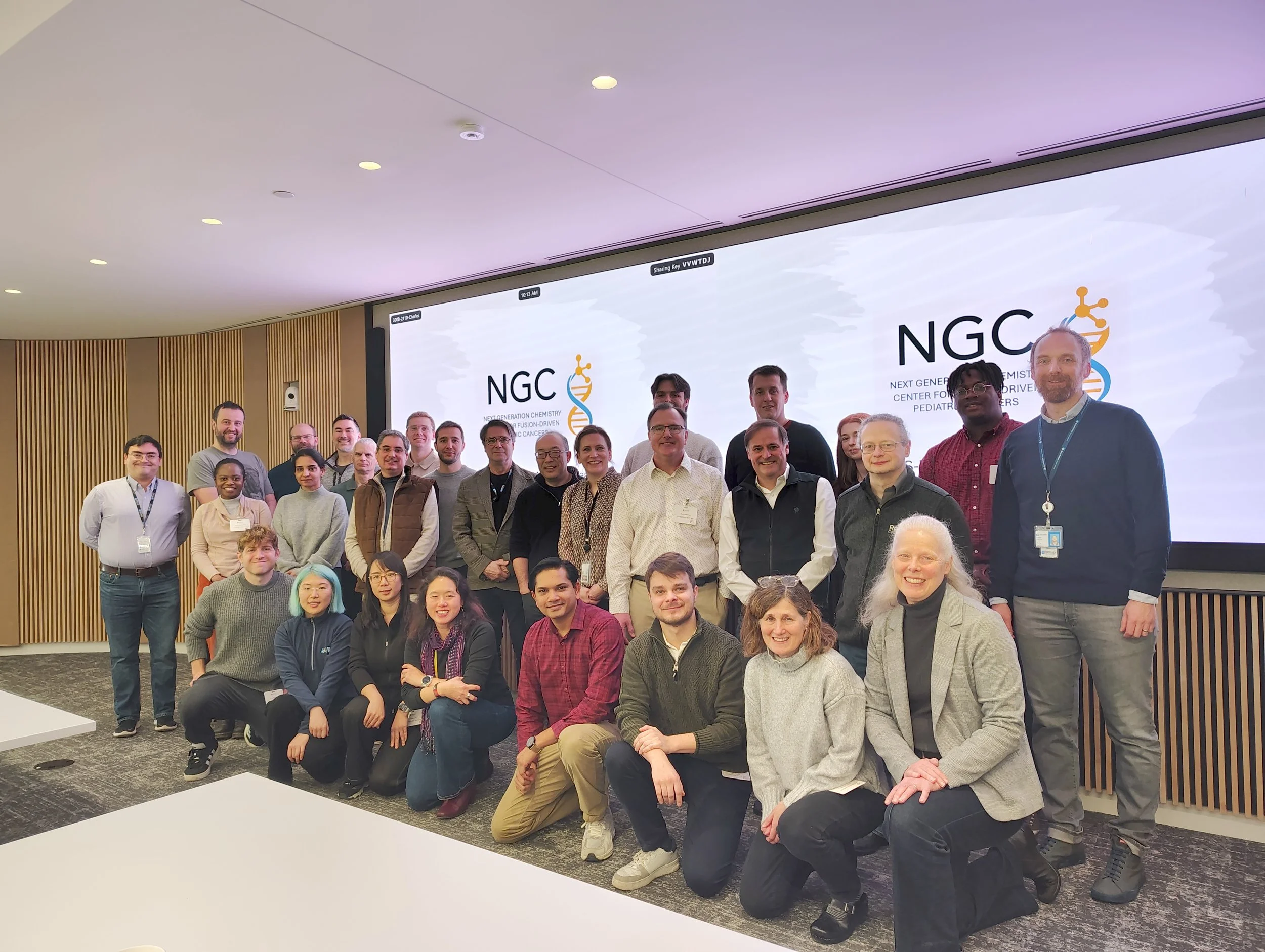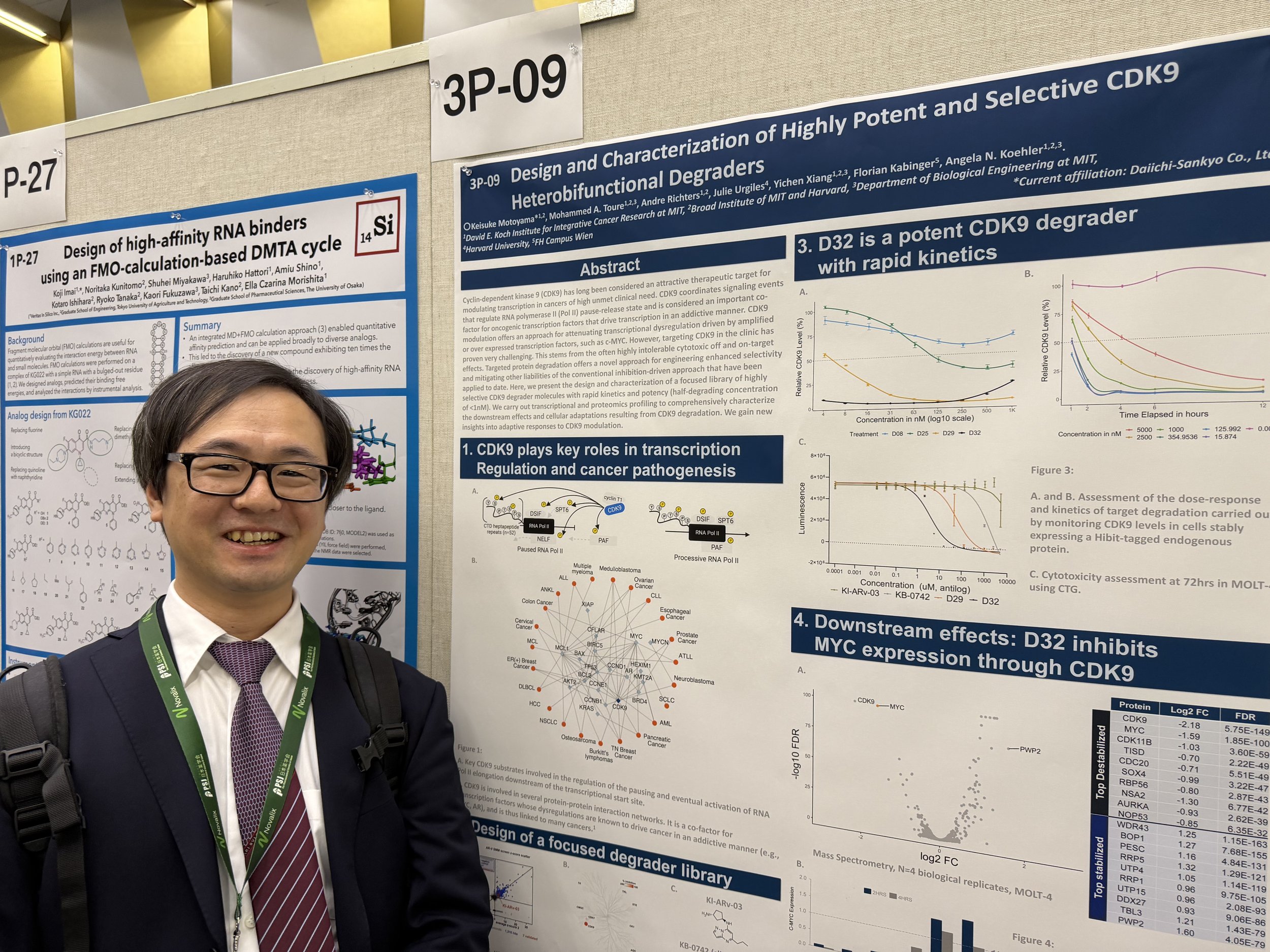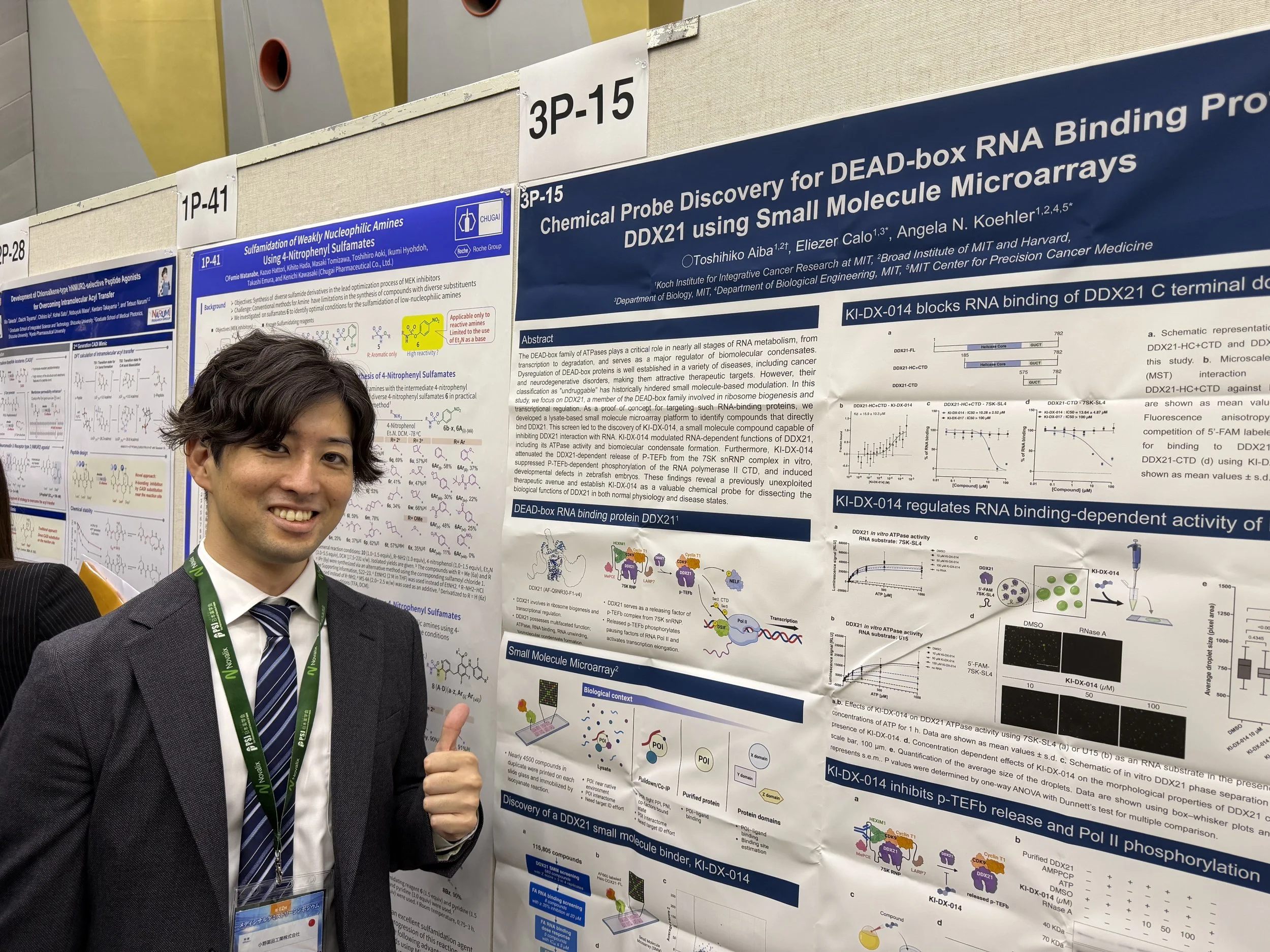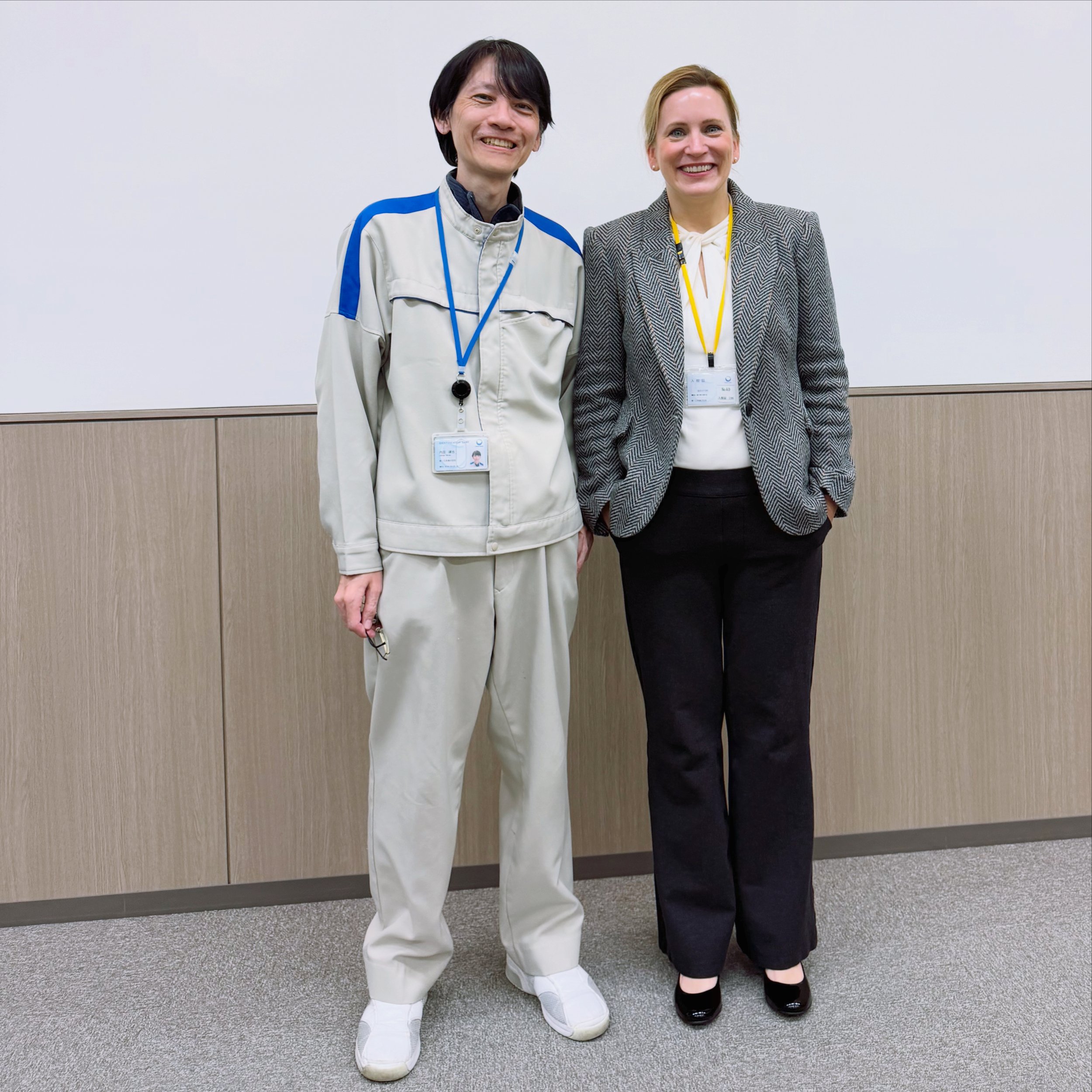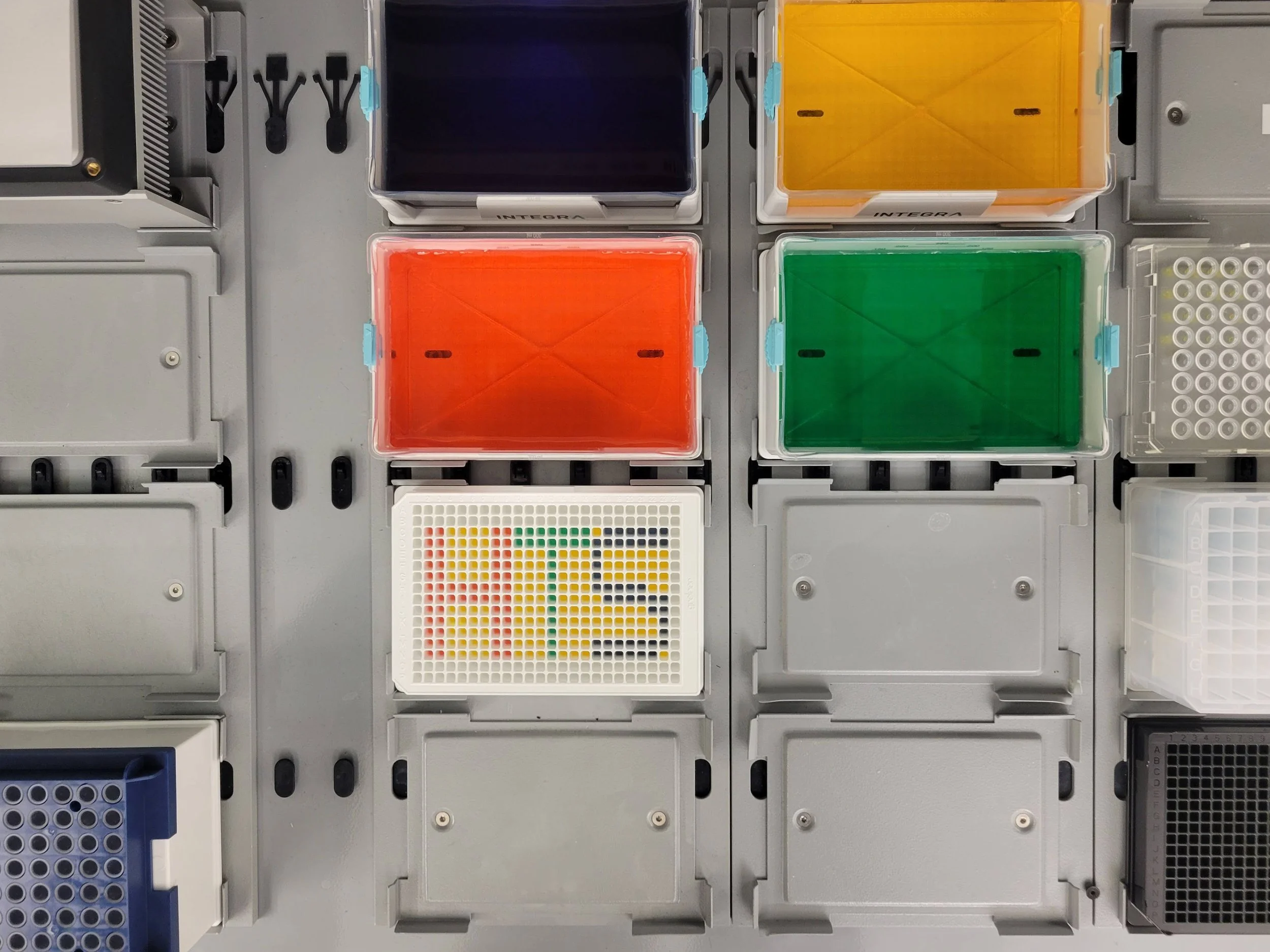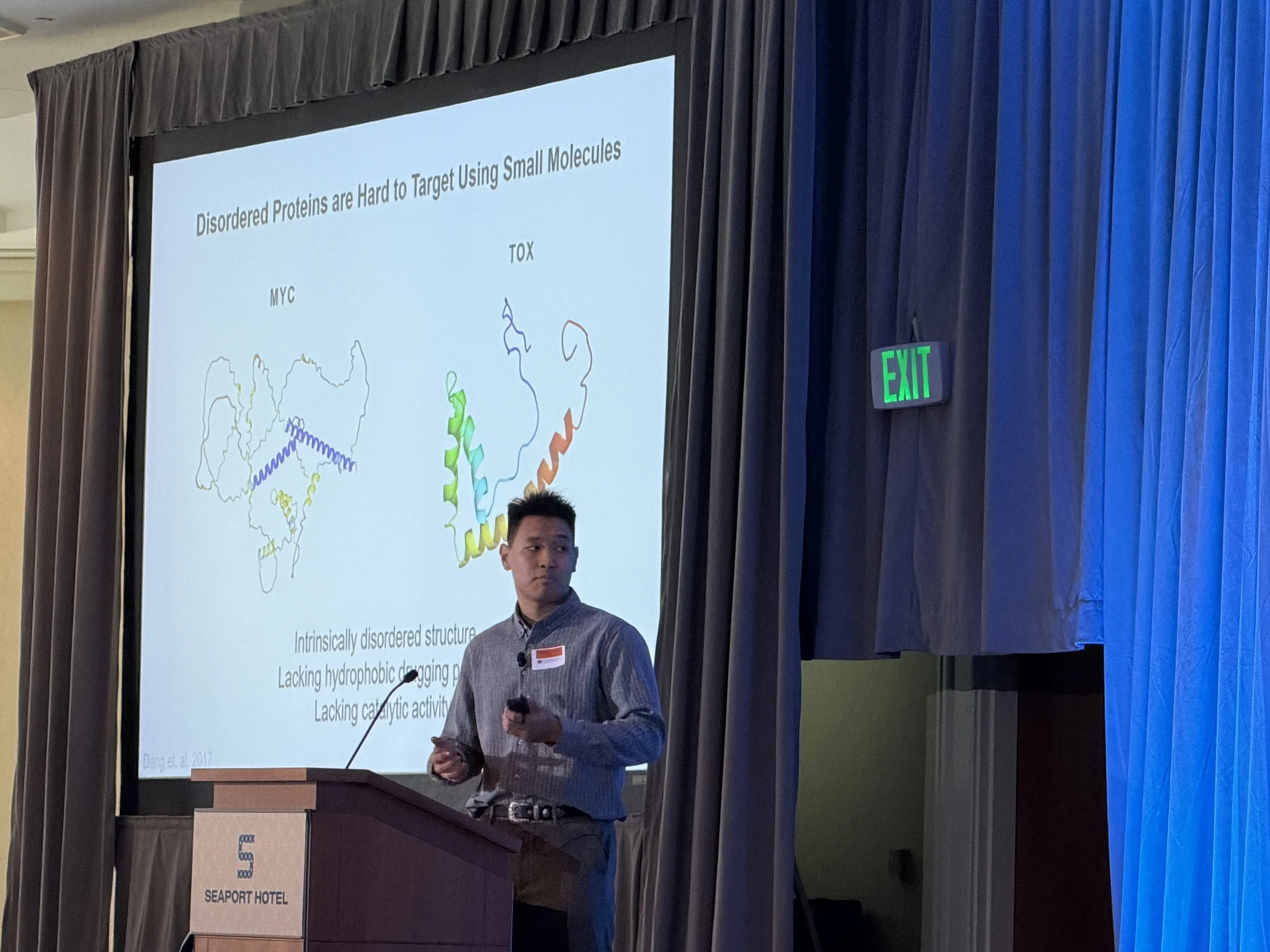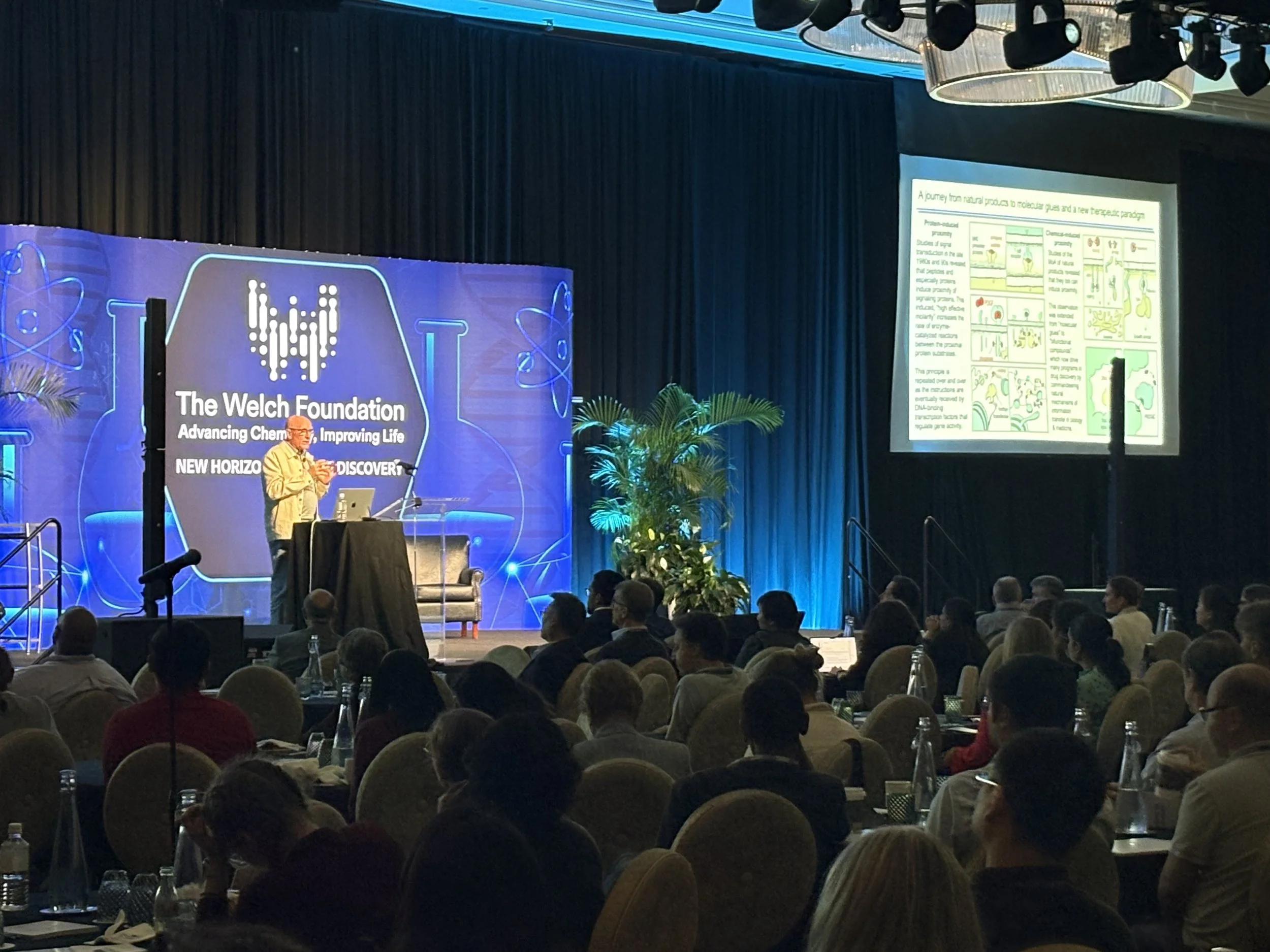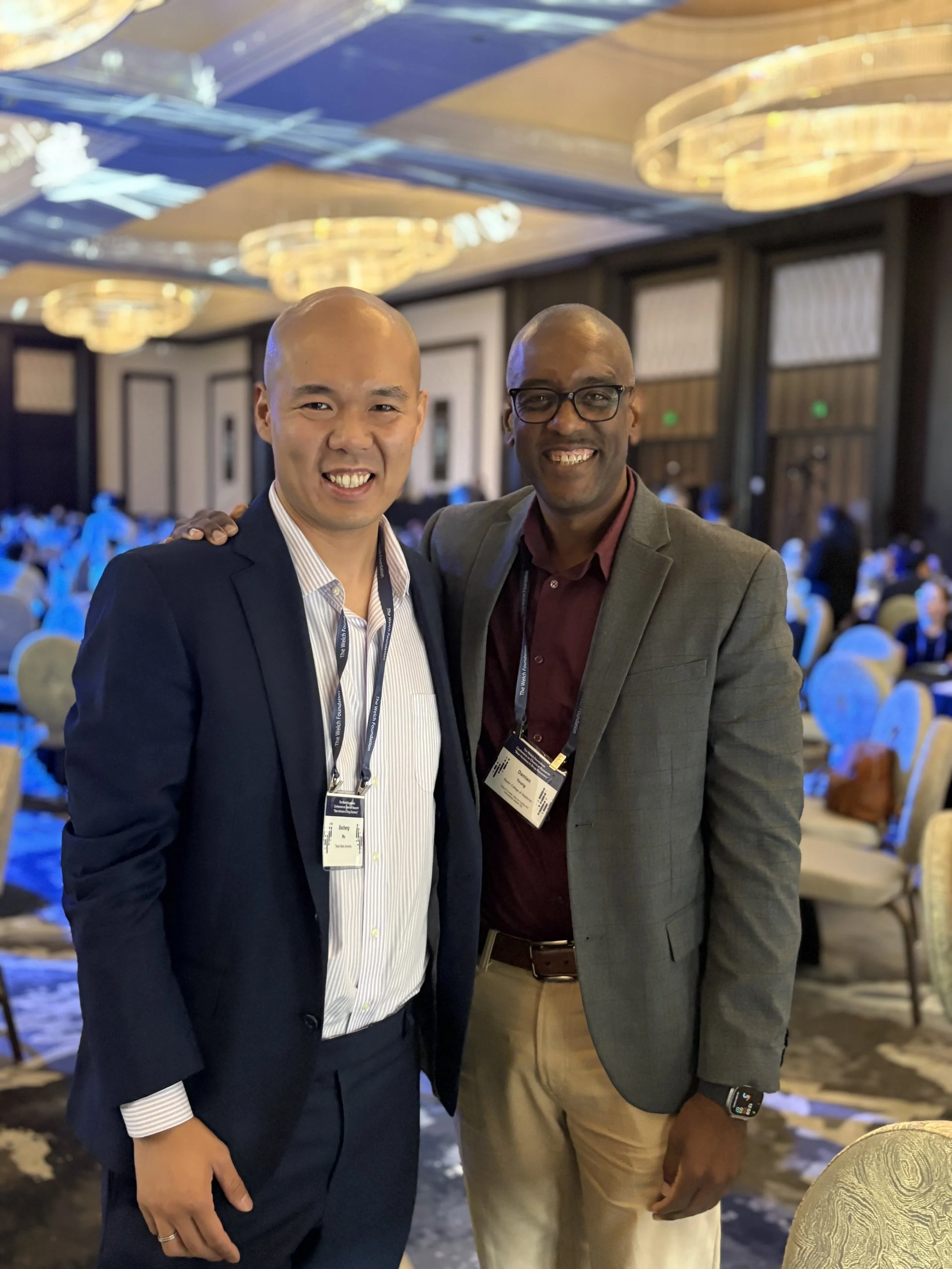2026 NCI Next Generation Chemistry Center Retreat to impact Rhabdomyosarcoma
/We kicked off 2026 by gathering with our Next Generation Chemistry Center colleagues from Berkeley, Duke, MIT and the Broad Institute to exchange data and ideas around drugging pediatric oncofusions, with emphasis on rhabdomyosarcoma. We were fortunate to be joined by colleagues from Children’s Hospital Boston, the MGH Cancer Center, the Dana-Farber Cancer Institute, and Novartis. Thanks to the team for going after the most undruggable of undruggable. Thanks to the Broad Institute for being excellent hosts! Finally, thanks to the National Cancer Institute for critical funding to impact cancers of childhood!!

